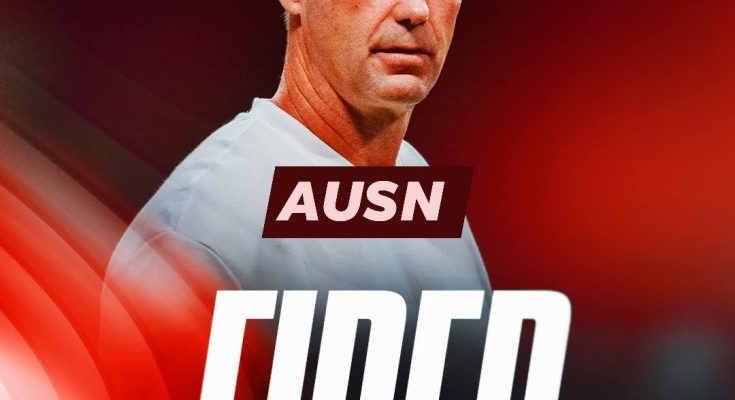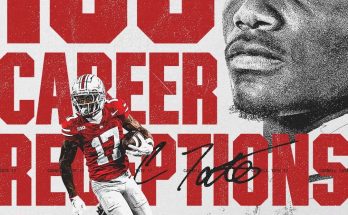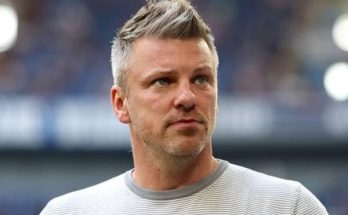Atlanta United’s decision to part ways with head coach Ronny Deila after just one season has sent ripples through the MLS community, stirring a mix of surprise, disappointment, and speculation about what lies ahead for the club. Deila’s brief tenure was a chapter marked by high hopes, uneven performances, and a looming sense of unfinished business, leaving fans and analysts alike questioning what went wrong and what the future might hold.
Ronny Deila arrived at Atlanta United with a resume that promised a blend of tactical insight and a progressive approach to the game. Known for his work in European football, particularly with clubs like Celtic in Scotland and Vålerenga in Norway, Deila brought with him a style of play that emphasized possession, fluid attacking, and a commitment to youth development. His appointment was met with optimism as Atlanta United, a relatively young franchise in MLS but one with significant ambition, looked to build on its early successes and solidify its standing as a powerhouse in American soccer.
However, the 2024 season unfolded with a series of challenges that ultimately undermined Deila’s ability to imprint his vision fully on the team. From the outset, there were signs that the transition might not be as seamless as hoped. Injuries plagued key players, limiting squad depth and forcing constant tactical adjustments. The team struggled to find consistency, often alternating between promising attacking displays and defensive lapses. This inconsistency was reflected in the results, with Atlanta United failing to string together the kind of winning streaks necessary to challenge at the very top of the league.
One of the most significant issues was the apparent disconnect between Deila’s preferred style and the realities of the MLS landscape. The league’s physicality and the diverse tactical approaches of opponents seemed to challenge the Norwegian coach’s strategies. While his focus on ball possession and building from the back was tactically sound, it often left the team vulnerable to counterattacks and transitions that MLS teams exploited effectively. This tactical mismatch raised questions about whether Deila’s philosophy was the right fit for Atlanta United’s roster and the demands of the league.
Moreover, Deila’s management style, while praised for being player-focused and progressive, sometimes appeared to lack the authoritative edge needed in high-pressure situations. There were reports of internal frustrations as the team navigated the highs and lows of the season. Balancing the demands of veteran players with the integration of younger talents proved to be a delicate task, one that did not always result in harmony or peak performance on the pitch.
The departure also highlights broader challenges that Atlanta United faces as an ambitious club trying to compete consistently in MLS. Since its inception, the franchise has been known for its passionate fanbase, state-of-the-art facilities, and a commitment to building a winning culture. The club’s early success, including an MLS Cup title in 2018, set a high bar for future seasons. However, sustaining that level of achievement requires stability in coaching, recruitment, and club philosophy—elements that seemed to be in flux during Deila’s short spell.
From a player perspective, the transition will undoubtedly bring changes. Some players thrived under Deila’s system, while others struggled to adapt. The incoming coach will have the task of assessing the squad, determining which players fit the new vision, and making the necessary adjustments to strengthen weak areas. For players, coaching changes can be both a challenge and an opportunity—a chance to reset, prove themselves anew, or in some cases, face uncertainty about their roles.
For the fans, the news is a bitter pill to swallow. Atlanta United’s supporters have been among the most passionate in MLS, creating a vibrant atmosphere at Mercedes-Benz Stadium and fostering a culture of high expectations. The swift exit of Deila interrupts the continuity they crave and raises concerns about the club’s direction. Yet, it also injects a sense of anticipation—who will the club bring in next? What style will they adopt? Can the team regain momentum and challenge for silverware once again?
The front office faces a critical moment in the club’s evolution. The decision to part ways with Deila after just one season reflects a willingness to act decisively when things are not working. It signals a desire to course-correct before deeper issues take root. Finding the right successor will be paramount. The ideal candidate must not only possess tactical acumen and adaptability but also align with Atlanta United’s culture and ambitions. There will be a balancing act between maintaining the attacking identity fans expect and addressing the defensive vulnerabilities that surfaced.
This coaching change also opens a window into the broader dynamics of MLS, where coaching turnover has become relatively common. The league’s competitive parity, salary cap restrictions, and unique challenges demand coaches who can be flexible, innovative, and resilient. Success often requires blending international experience with an understanding of the league’s quirks—a balance that not every coach manages easily.
Reflecting on Deila’s tenure, it’s clear that while the results fell short of expectations, his presence brought certain positives. He was committed to fostering a professional environment and showed a willingness to give young players opportunities, an approach that can pay dividends in the long term. The experience gained during this season might serve as a foundation for future improvements, even if the immediate impact was limited.
As Atlanta United embarks on the search for a new head coach, the club’s ambitions remain undiminished. The ownership and management know that the team’s potential is vast—combining a talented roster, a passionate fan base, and the resources to compete at a high level. The challenge lies in harnessing these assets into a cohesive, winning formula that can bring sustained success in the highly competitive MLS landscape.
Looking ahead, the upcoming offseason will be a crucial period of reflection, planning, and rebuilding. The new coach will have the opportunity to shape the roster through the draft, transfers, and internal development. The hope is that the club can move past the instability of the past year and set a course that reignites the spark that made Atlanta United one of the league’s most exciting teams in its early years.
In the meantime, fans will watch closely as the club navigates this transition. The departure of Ronny Deila marks the end of a brief and challenging chapter, but it also serves as a reminder of the ever-evolving nature of professional sports. Change is often uncomfortable but necessary for growth, and for Atlanta United, this moment represents both a challenge and an opportunity to reclaim its place among MLS’s elite.



